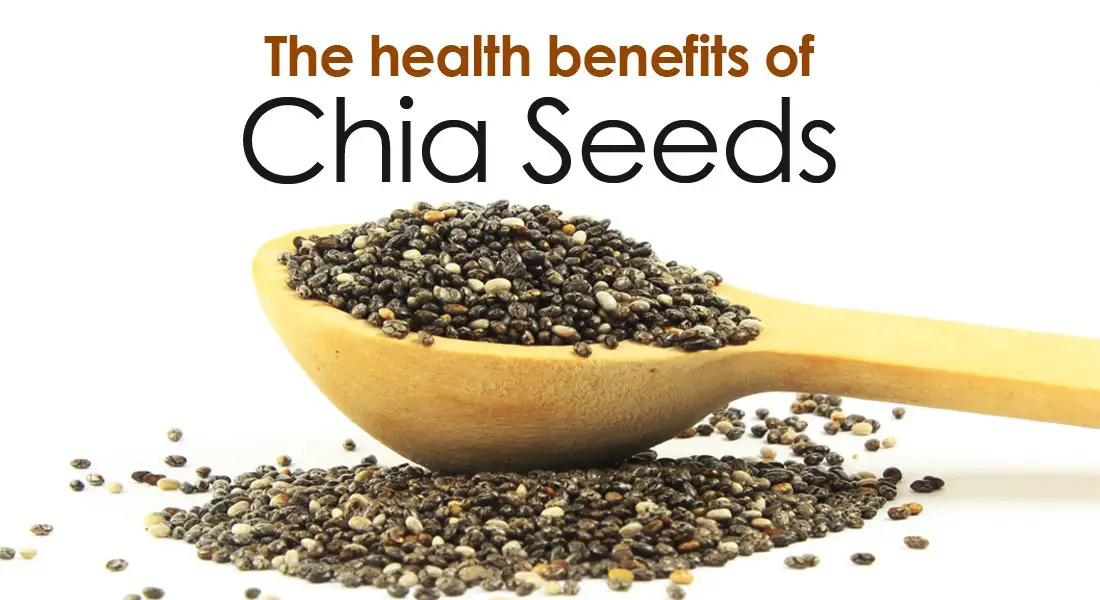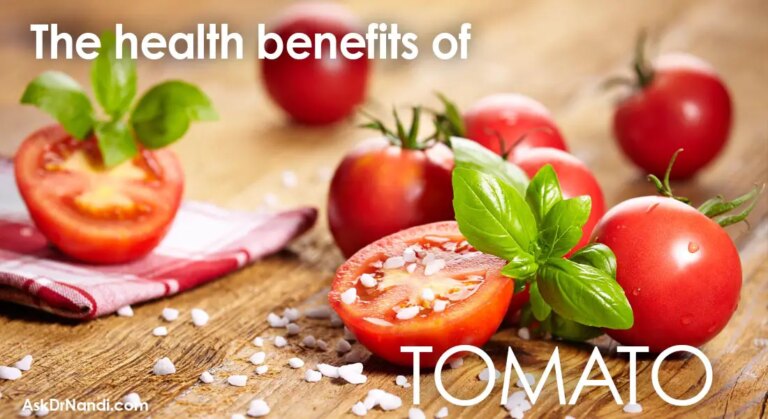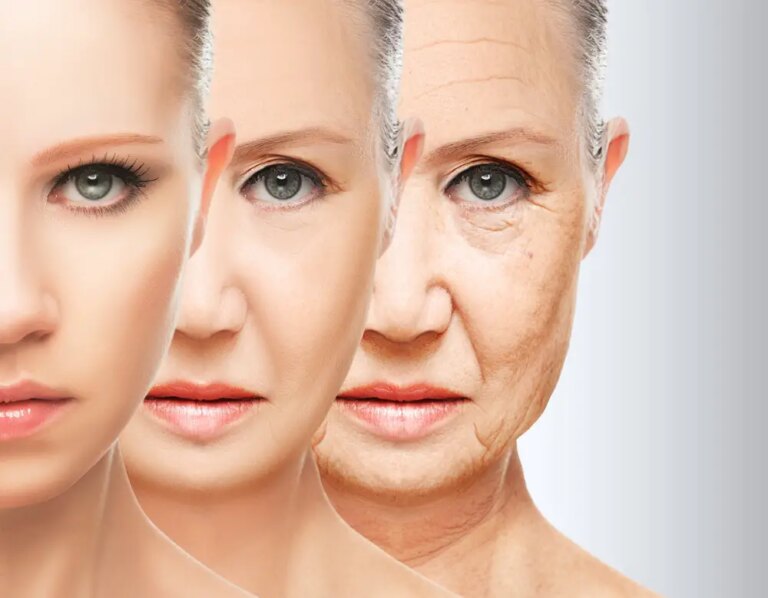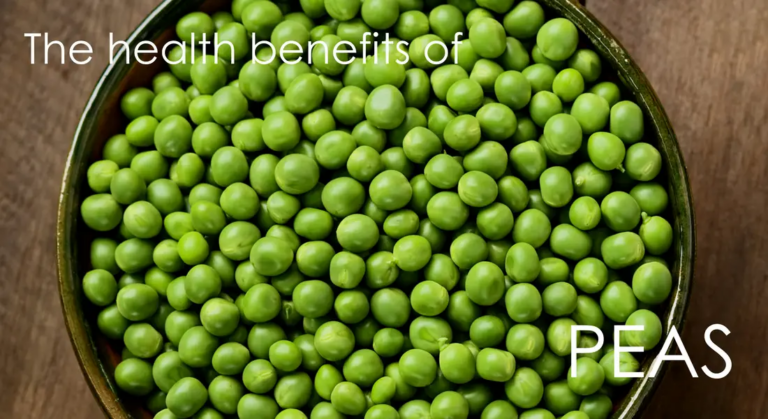Chia seeds have been in the Mayan and Aztec diets for centuries. Many individuals have rediscovered chia seeds due to their health benefits and culinary applications.
Practitioners and researchers recommend polyunsaturated fats. It has been proven that chia seeds contain polyunsaturated fats, including omega-3 fatty acids. Omega-3s make up 60% of the chia seed’s lipid profile, according to studies. The omega-3s in chia seeds can help reduce inflammation, enhance cognitive performance and reduce high cholesterol. Chia seeds are one of the richest plant-based sources of these fatty acids. Because chia seeds contain alpha-linolenic acid, a study published in the “British Journal of Nutrition” showed that chia seeds could lower triglycerides and cholesterol levels while increasing HDL or “good” cholesterol. The ALA in chia seeds avoided elevated triglyceride levels and lowered central adiposity, and it was a straightforward switch from maize oil.
Just two tablespoons of chia seeds contain 10 grams of dietary fiber, which helps reduce inflammation, regulate bowel function, and helps to lower cholesterol. The 10 grams of fiber is roughly one-third the daily recommended amount of fiber per day. Chia seeds are also easy to eat because they do not need to be ground to get their nutritional benefits. Chia seeds can be used as an egg replacement while being gluten- and grain-free. They are perfect for a gluten-free diet.
Research has shown that it takes two tablespoons of chia seeds to obtain nearly 20% of the daily recommended amount of calcium. Chia seeds also contain 35% of the DRA for phosphorous, 24% for magnesium, and 50% for manganese. The chia seed and its nutrients have been shown to help prevent hypertension while maintaining a healthy weight. Plus, these nutrients are essential for energy metabolism and DNA synthesis.
Research has also found that the chia seed can help regulate insulin levels. They can reduce insulin resistance, and they have been found to have the ability to decrease high levels of insulin in the blood. Plus, chia seeds have been found to help with feelings of hunger which can cause over-eating and rises in insulin levels. The combination of protein, fiber, and chia seeds’ gelling action when mixed with liquids all contribute to their ability to make one feel full.











 Subscribe to Ask Dr. Nandi YouTube Channel
Subscribe to Ask Dr. Nandi YouTube Channel









